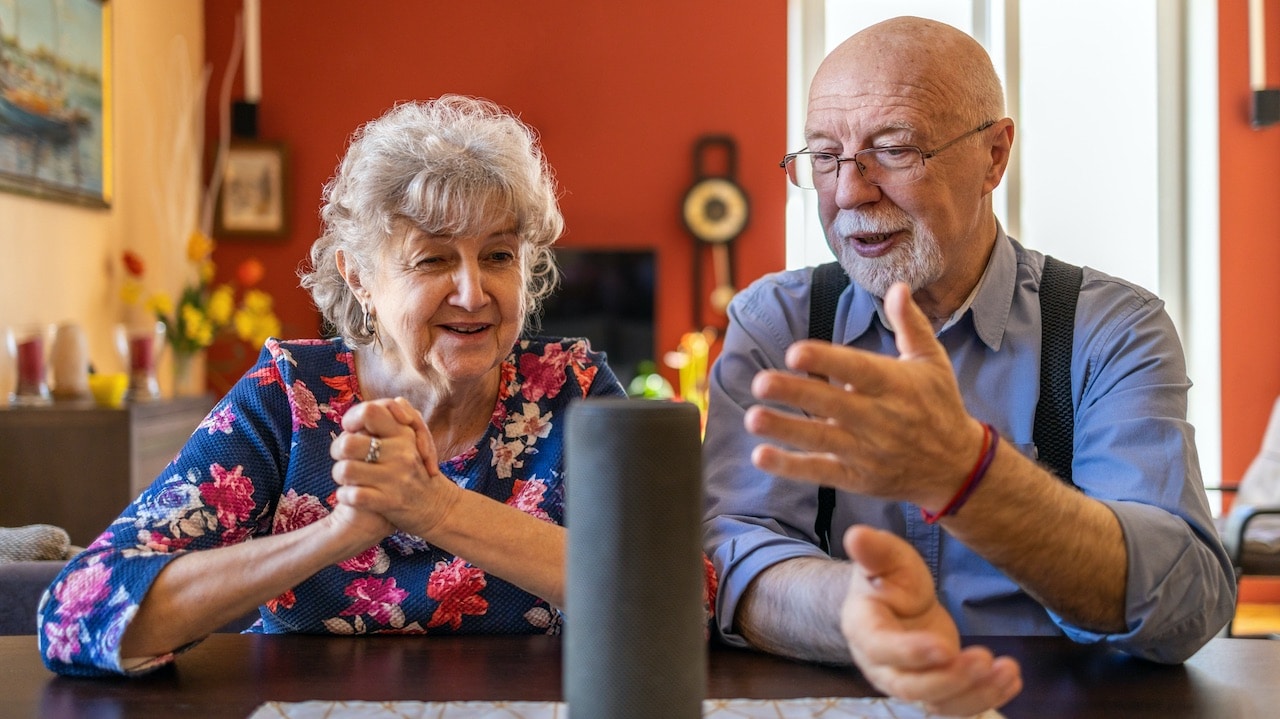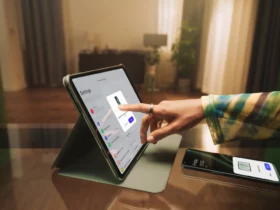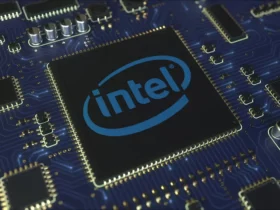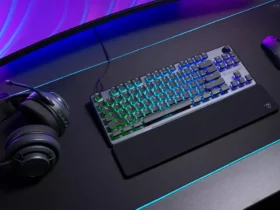A research by Cattolica denies, at least partially, the cliché according to which the elderly population should be the least accustomed to digital. The most doubtful and the most unable to use it.
The scientific study conducted by EngageMinds HUB of the Catholic University in collaboration with DataWizard (and with the non-conditioning contribution of Amazon) on the use of the Alexa voice assistant, in fact, seems to go in another direction.
Voice4Health, this is the name of the project, if anything demonstrates how there is a great feeling between the elderly Italians and voice assistants. 62% of the sample examined said they felt less alone thanks to these devices. And even 98% expressed a greater willingness to communicate with other people precisely through new technologies.
Let’s find out more about the Voice4Health study.
The Voice4Health study: what it is
There are now several studies that show how voice assistants help us in many daily activities.
But the Voice4Health project has different purposes. In fact, he investigated the effects of these devices on elderly people with scientific instruments. Both on facilitating activities and on improving the quality of life.
The sample
The protagonists of the research are 60 men and women between 65 and 80 years old. These people, as per the study protocol, received an Alexa device and they were interviewed four times. One two weeks before the start of the experimentation, one just before the start, one at the end of the two weeks of experimentation. And the last one after another fifteen days, as a follow-up action.
The results
The (still preliminary) results of the Voice4Health study were truly encouraging.
Among the elderly out of four said they perceived, thanks to voice assistants, an increase in their well-being, both in general terms and from an emotional and relational point of view.
The 60 volunteers then reported a significant reduction in psychological stress and an improvement in personal aptitude for the use of technology.
The increase in well-being and sociability
Going into more detail, 75% of the sample was investigated who at the end of the experiment declared an increase in their well-being.
For example, the positive response to the question “I felt calm and relaxed” using a voice assistant grew sharply over the entire eight-week testing period.
Serena Barello, a researcher at Cattolica, explains: “From an emotional point of view, 52% of those interviewed declared that they had maintained a high state of well-being even in the weeks following the experimentation. But it was also very important the impact on social relationships, because after the experimentation, as many as 62% of the interviewees had the feeling of feeling less alone and 98% expressed a greater desire to communicate with other people using new technologies ”.
The elderly and the digital
The teacher Guendalina Graffigna, Full Professor of Health and Consumer Psychology at the Catholic University of Milan-Cremona and director of EngageMinds HUB, spoke on the increasingly inevitable relationship between the elderly and digital.
Graffigna said: “These are implications of great interest. Just think of how the Covid-19 pandemic has accelerated, when not imposed, a paradigm shift in family relationships through the use of remote connections, but also to the growing digitization of public administration that implies, with the SPID, the creation their own digital identity with which to access many services; for example, the consultation of the health file or, again in this pandemic phase, the booking of vaccination. “
Voice assistants as a bridge between the elderly and technology
The Voice4Health research also showed the ease of use of the voice assistant employed in the search.
For the entire sample of people who participated in the experiment, using this device was fun. Everyone would recommend its use to friends and family.
Some statements of the participants: “One of the most beautiful things among others was the feeling of not feeling alone”. Or: “I liked it because I immediately got some interesting answers to any question asked. Then he kept me a lot of company in the long days. Again: “I lived moments of relaxation and I enjoyed memories, reliving old emotions. I also really liked the video calls ”.
The feeling of the device’s usefulness in everyday life grew steadily until the follow-up phase, that is, weeks after the end of the trial. At the same time, the feeling of nervousness and stress decreased during the test.
Amazon’s statement
Gianmaria Visconti, Alexa Country Manager, said: “Every day at Amazon we work to create devices and services that make the lives of our customers easier and safer., thanks to an increasingly inclusive technology, such as that offered by Alexa. In this sense, the research results are undoubtedly very encouraging. Seeing that Alexa can represent a concrete help for the elderly population, reducing their sense of loneliness and making some actions of their daily life easier, is an additional incentive to do better and persevere in our daily commitment “.















Leave a Reply
View Comments